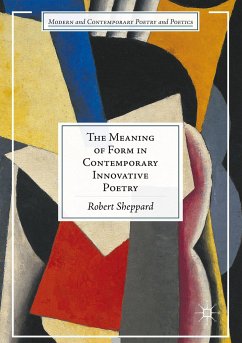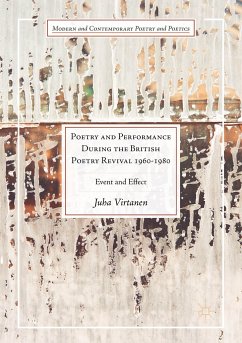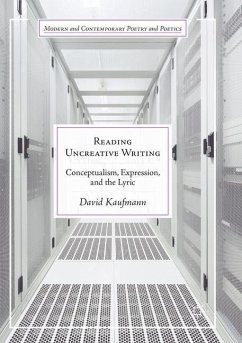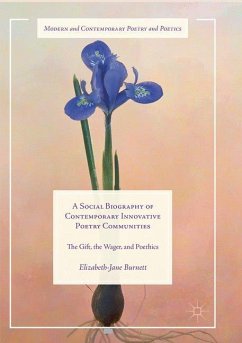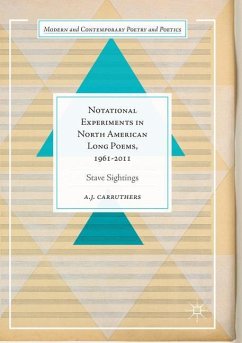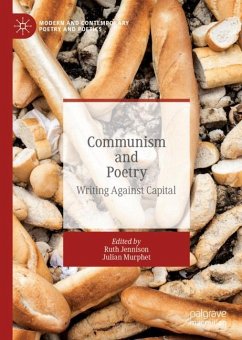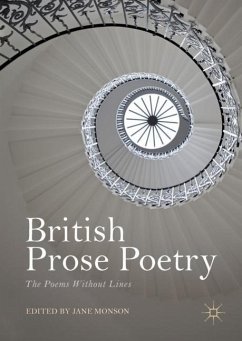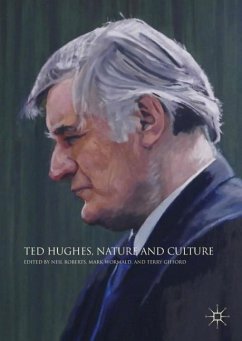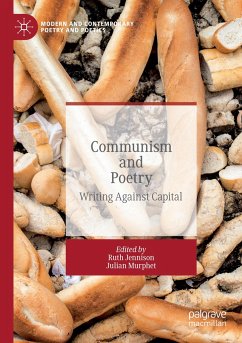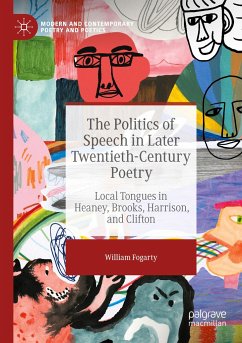
Veronica Forrest-Thomson
Poet on the Periphery
Versandkostenfrei!
Versandfertig in 6-10 Tagen
65,99 €
inkl. MwSt.
Weitere Ausgaben:

PAYBACK Punkte
33 °P sammeln!
This study offers a comprehensive examination of the work of the young poet and scholar, Veronica Forrest-Thomson (1947-1975) in the context of a literary-critical revolution of the late sixties and seventies and evaluates her work against contemporary debates in poetry and poetics. Gareth Farmer explores Forrest-Thomson's relationship to the conflicting models of literary criticism in the twentieth century such as the close-reading models of F.R Leavis and William Empson, postructuralist models, and the work of Ludwig Wittgenstein. Written by the leading scholar on Forrest-Thomson's work, thi...
This study offers a comprehensive examination of the work of the young poet and scholar, Veronica Forrest-Thomson (1947-1975) in the context of a literary-critical revolution of the late sixties and seventies and evaluates her work against contemporary debates in poetry and poetics. Gareth Farmer explores Forrest-Thomson's relationship to the conflicting models of literary criticism in the twentieth century such as the close-reading models of F.R Leavis and William Empson, postructuralist models, and the work of Ludwig Wittgenstein. Written by the leading scholar on Forrest-Thomson's work, this study explores Forrest-Thomson's published work as well as unpublished materials from the Veronica Forrest-Thomson Archive. Drawing on close readings of Forrest-Thomson's writings, this study argues that her work enables us reevaluate literary-critical history and suggests new paradigms for the literary aesthetics and poetics of the future.



